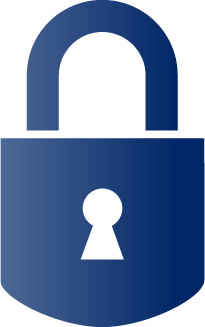STELLANTIS has defined and adapted the APQP and PPAP processes to manage the quality of its suppliers throughout development and mass production phases. New APQP PPAP STELLANTIS v2022 is based on the merging of ex-PSA and ex-FCA standards.

Select an existing open enrollment session, or contact us for additional training options.

STELLANTIS has defined and adapted the APQP and PPAP processes to manage the quality of its suppliers throughout development and mass production phases. New APQP PPAP STELLANTIS v2022 is based on the merging of ex-PSA and ex-FCA standards.
Training qualification is mandatory for STELLANTIS suppliers’ Project Managers and Quality Managers assigned to a vehicle project applying the new STELLANTIS standards.
NOTE: Look at RFQ package to know APQP standard to apply for your project, APQP PPAP ex-PSA v2015 or New APQP PPAP STLA v2022. If this is not clear, ask your STELLANTIS contact.
Length
2 Day (16 Hours)
Prerequisites
This qualifying training is requested by STELLANTIS for any Supplier's Project Manager and Project Quality Manager assigned on a STELLANTIS development project. This training is also recommended for all other members of project teams: Quality engineers, Design engineers, Test & Product Validation engineers, Industrialization engineers, Production managers, Logistics managers, Sales managers, IATF 16949 system auditors.
eLearning pre-session
Day 1 Classroom Session
DAY#2 Classroom Session
MCQ knowledge test (15 questions) in 30 min + case studies (60min): 60% of correct answers required.

Questions about the privacy and security of our Live Virtual Solutions? Learn more
CR0001-00